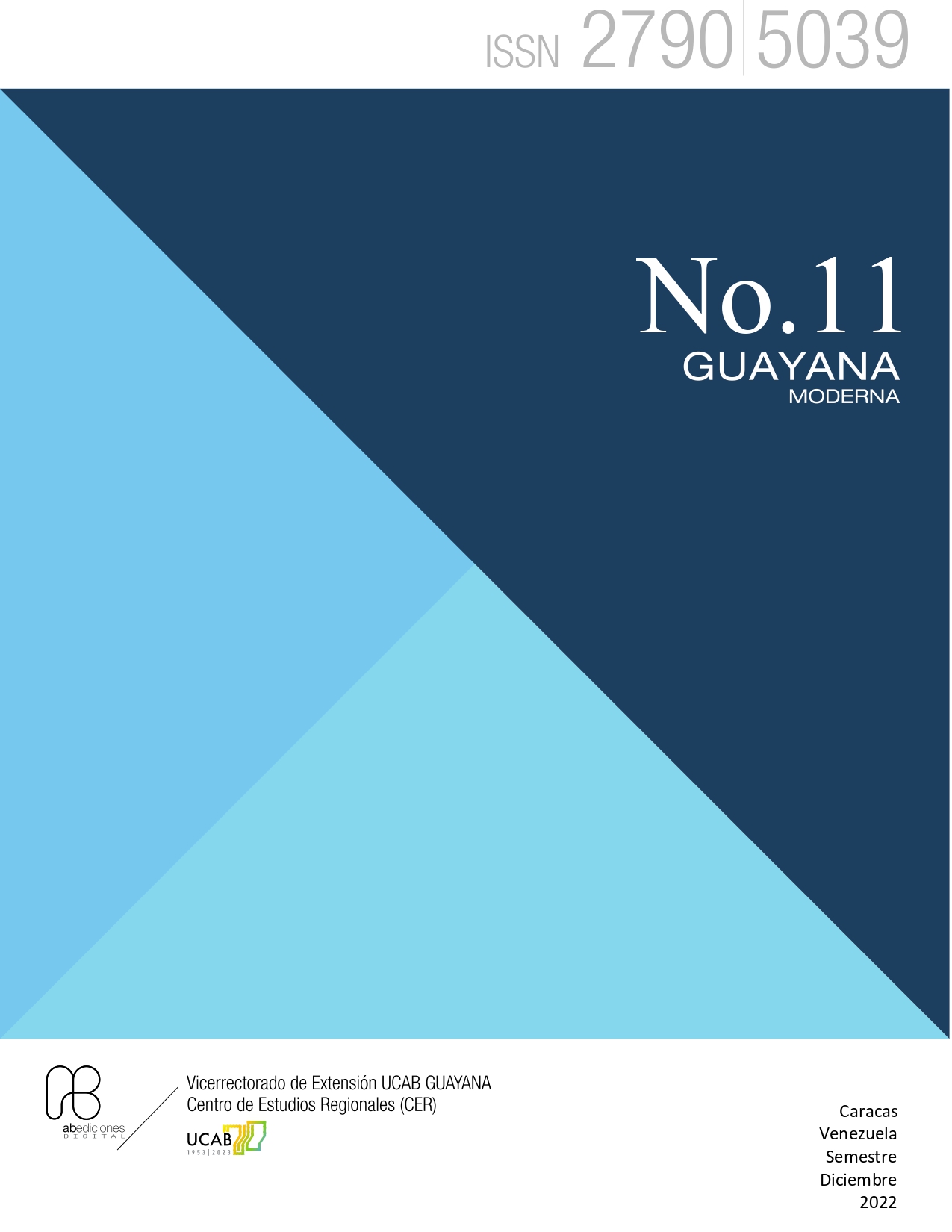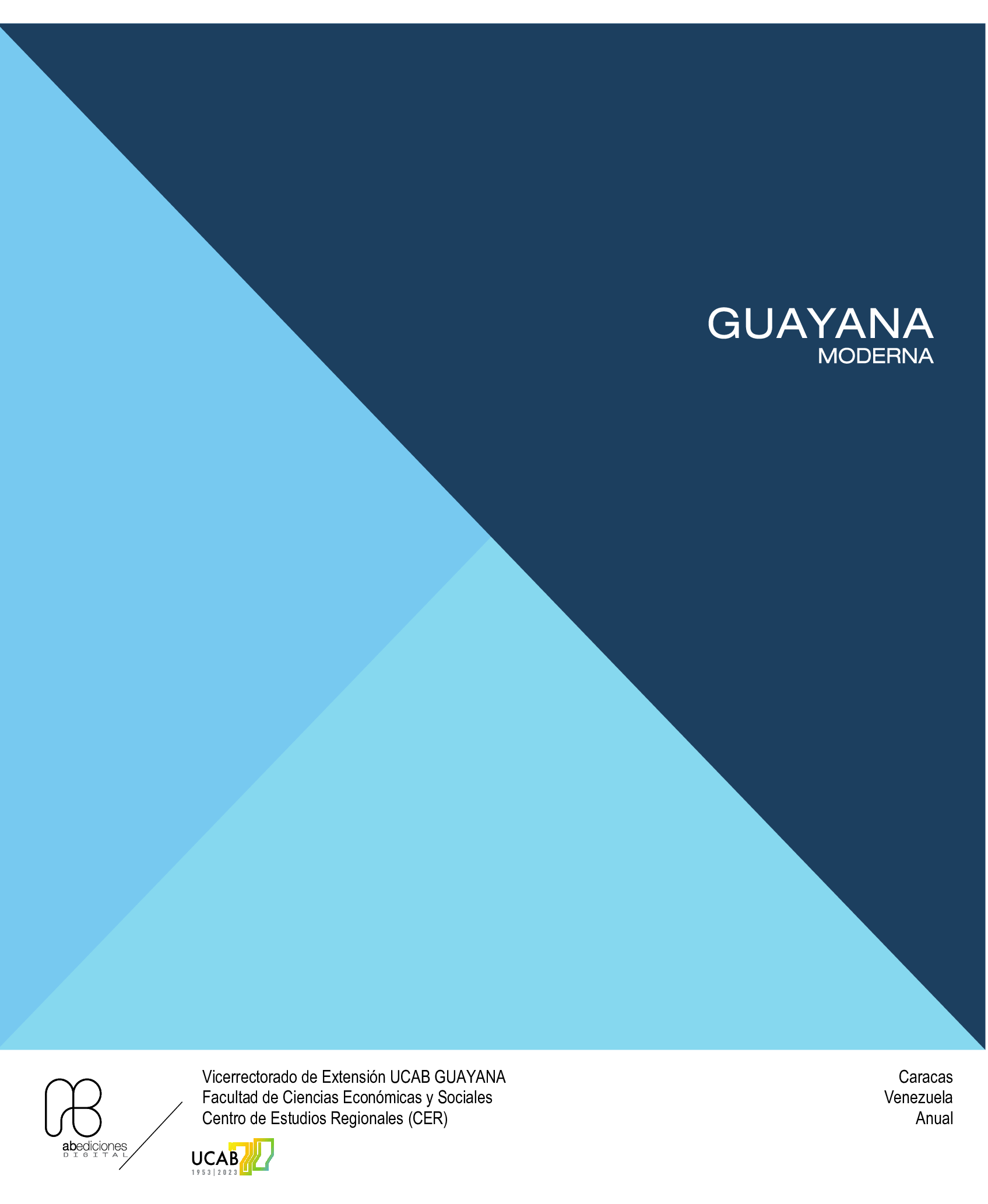Outsourcing, Its Declaration and Legal Consequences.
DOI:
https://doi.org/10.1234/gm.v11i11.5872Abstract
The figure of outsourcing is incorporated by the legislator in the new Organic Law of Labor and Workers, and is contained in its article 48, with a punitive approach if desired, highlighting that its purpose is to avoid simulation or fraud in the employment relationship and punish employers who incur in it. Now, a problem has arisen due to the confusion of workers, companies, law students and lawyers who do not know precisely the constitutive elements of outsourcing and its similarities with other common figures in Venezuelan Labor Law.
This documentary research addresses the study of the definition, assumptions of origin, importance of the declaration and legal consequences of outsourcing. Taking the most recent judicial decisions as a guideline, it is concluded that the same law establishes that the administrative and judicial bodies will establish responsibilities, so that, if none of these bodies has declared responsibility, then none of the consequences established in the under this perspective, the central axis of this documentary research analyzes outsourcing, the importance of its declaration and the legal consequences, since the law indicates that from the moment of publication in the Official Gazette there was a period of 3 years, so that companies involved in outsourcing adjust and include outsourced workers in their payroll, having to assume the costs and liabilities even retroactively, however, there is a kind of gray area in the law, since the terminus a quo is not determined when the presumed affected as a third party.
Key words: Outsourcing, simulation, fraud, subcontracting, intermediary.








